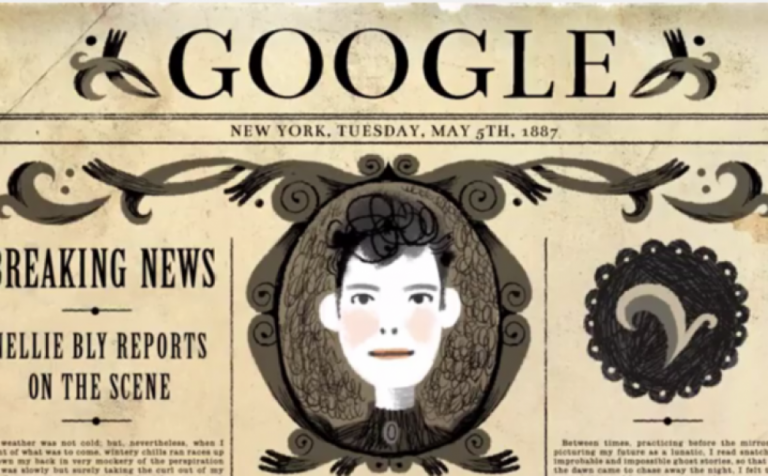Better Google search starts with thinking about what you are trying to find. The term Google uses is query structure.
Feel free to go right to a section:
- Don’t Search First Words
- Most Important Words
- 5-7 Words
- Word Choice
- Word Order
- Small Differences Can Matter
Don’t Search First Words That Pop Into Your Mind
You need to be articulate and clear about what you are searching for. Here is an example of a bad query:
an expert on police officer altercations with African American youth in the Western United States
Here is a more focused version that uses less academic language:
an expert on police shootings of young black men in California
Most Important Words
After you have focused the search see what words you can eliminate to get to the core concept:
expert police shootings black men California
We only needed to cut the words ‘an’ ‘on’ ‘of’ ‘young’ ‘in’ as we already focused the search in step one.
Start a search only using these core words.
5-7 Words Per Query
Using 5-7 words in a search is a good guide.
If results too wide
- Cut one of the words and search again
- Add a new word and search again (if that word doesn’t help try a different one)
- Add additional words if needed
If results too narrow
- Cut one of the words and search again
- Play around with which word(s) you cut
- Use a related word, in the example above we changed ‘altercations’ to ‘shootings’
Word Choice
Choose words you think will appear on the page.
Try thinking like the person or company writing the page you hope to find. What words would he or she use.
- Use formal words, ex: broken not busted
- Use uncommon terms like ‘ghost town’ when they exist as they appear on fewer pages
Word Order
The order of the words can make a difference.
Let’s search ‘sky blue’ and then ‘blue sky’.
‘sky blue’ is a women’s soccer team in New Jersey (your results may be different, mine factor in my Toronto location).
‘blue sky’ is a business.
But when we do an image search they both overwhelmingly show photos of the sky.
Small Differences Can Matter
Search results can change significantly from even the change or omission of an article. Let’s look at ‘who’ ‘a who’ ‘the who’.
who:
Google believes the acronym for the World Health Organization is what most people are looking for.
a who:
While ‘a who’ ranks an animated movie at the top.
the who:
Finally, ‘the who’ in the British rock band that formed in the 1960s.
Three similar queries, three very different results.
Want more tips?
Download our Google Search Tips For Journalists Guide:
For all our Google search for journalists content:







